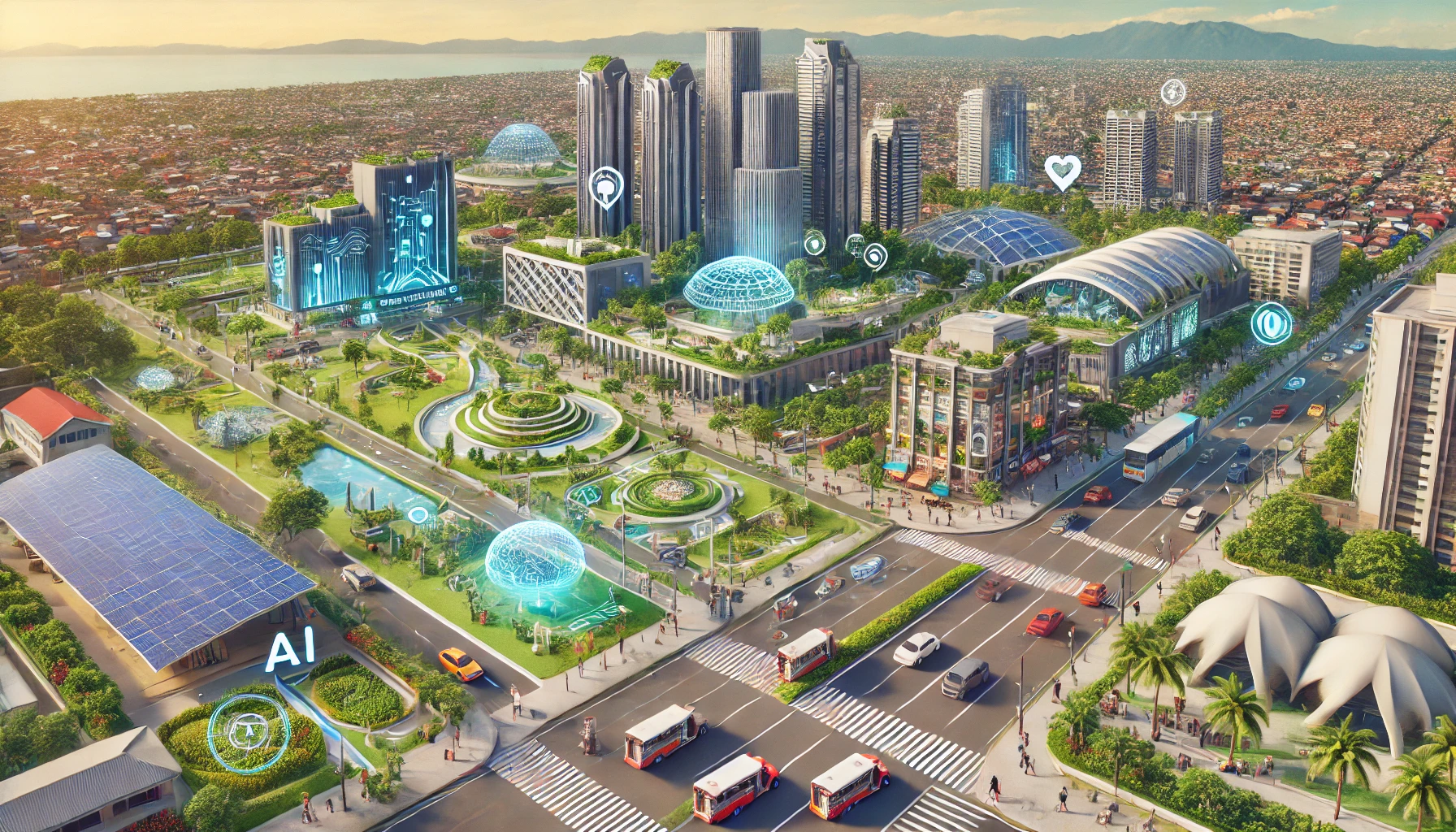As the Philippines continues to urbanize, the need for sustainable, efficient, and livable cities has never been more critical. With rapid population growth, traffic congestion, and environmental challenges, urban planning must adapt to meet these demands. Artificial Intelligence (AI) is emerging as a transformative tool in urban planning, offering innovative solutions to shape the future of Philippine cities.
The Role of AI in Urban Planning
AI brings advanced computational capabilities to urban planning, enabling governments and planners to analyze vast amounts of data, predict trends, and optimize decision-making processes. In the Philippine context, where data collection and urban development often face logistical challenges, AI can offer the following benefits:
- Smart Infrastructure Development
AI can assess current infrastructure needs and predict future requirements. For example, traffic management systems powered by AI can analyze real-time traffic patterns to reduce congestion in cities like Metro Manila and Cebu. - Environmental Sustainability
With the Philippines being prone to natural disasters, AI-driven simulations can identify areas at risk of flooding or landslides, helping urban planners design resilient cities. - Efficient Land Use
AI can analyze demographic and geographic data to recommend optimal land use, balancing residential, commercial, and green spaces. - Energy Efficiency
Smart energy grids powered by AI can optimize electricity distribution, reduce waste, and encourage the use of renewable energy sources, supporting the country’s sustainability goals.
AI Applications in Philippine Cities
Here are practical examples of how AI is reshaping urban planning across the Philippines:
- Smart Traffic Systems: AI is being deployed to manage traffic signals dynamically, reducing commute times in cities like Manila and Davao.
- Disaster-Resilient Urban Design: Using AI to predict typhoon paths and simulate urban flooding scenarios, helping design safer cities.
- Waste Management: AI-powered systems can track and optimize waste collection routes, improving efficiency and reducing environmental impact.
- Affordable Housing: AI can assess housing demands and recommend locations for affordable housing projects, addressing urban poverty.
Challenges and Opportunities
While the potential of AI in urban planning is immense, challenges remain. Limited digital infrastructure, data privacy concerns, and the need for technical expertise are hurdles that must be addressed. However, these challenges also present opportunities for the Philippine government to invest in technology, upskill workers, and establish policies that promote ethical AI use.
A Vision for the Future
Imagine a future where Philippine cities are seamlessly connected, sustainable, and resilient. With AI, this vision can become a reality. Urban planners can leverage AI tools to design cities that not only cater to the present population but also anticipate future growth, ensuring the Philippines remains a vibrant and competitive nation in the global arena.
As a resident of the Philippines and an advocate for technological innovation, I believe in the transformative power of AI to shape a better future. By integrating AI-driven solutions into urban planning, the Philippines can lead the way in building cities that are truly for the people.
“I, Evert-Jan Wagenaar, resident of the Philippines, have a warm heart for the country. The same applies to Artificial Intelligence (AI). I have extensive knowledge and the necessary skills to make the combination a great success. I offer myself as an external advisor to the government of the Philippines. Please contact me using the Contact form or email me directly at evert.wagenaar@gmail.com!”
[SEO optimized]


